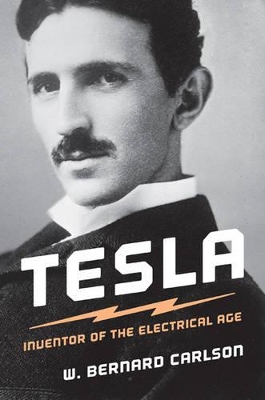
adamfortuna
Written on Jan 5, 2016
In modern times, Telsa is thrown using terms like "conspiracy" and "magic". His legacy has been revived in recent years, with theories about "the government" holding back various inventions of his. Even The Oatmeal (web comic) has jumped on board crediting Tesla as the inventor of just about everything electrical and wireless in the last 150 years.
This book puts these in perspective and helps separate the truth from the myth. The truth is, he was a very smart inventor at a time when a lot of major technical inventions were coming into being. Tesla made his money (which would be 10s of millions in todays dollars) by patenting his work and leasing it out to other companies. This goes against some of the Tesla conspiracy theories that circulate today.
What was interesting to me was that Tesla seemed myopic in pursuit of wireless power transfer, which eventually would bankrupt him. During this time he neglected radio transmission (which let Marcone take credit) and he overlooked X-rays in his experiments, only realizing them after someone else made the discovery.
Tesla seemed like a nerd who loved thinking of world changing electronics, but not always with a plan on how to roll them out to the world who would use them. This, coupled with a love for living the high life, meant that he was dreaming big and living big, but was not able to continually raise more funds needed to make wireless power a reality.
This book puts these in perspective and helps separate the truth from the myth. The truth is, he was a very smart inventor at a time when a lot of major technical inventions were coming into being. Tesla made his money (which would be 10s of millions in todays dollars) by patenting his work and leasing it out to other companies. This goes against some of the Tesla conspiracy theories that circulate today.
What was interesting to me was that Tesla seemed myopic in pursuit of wireless power transfer, which eventually would bankrupt him. During this time he neglected radio transmission (which let Marcone take credit) and he overlooked X-rays in his experiments, only realizing them after someone else made the discovery.
Tesla seemed like a nerd who loved thinking of world changing electronics, but not always with a plan on how to roll them out to the world who would use them. This, coupled with a love for living the high life, meant that he was dreaming big and living big, but was not able to continually raise more funds needed to make wireless power a reality.
